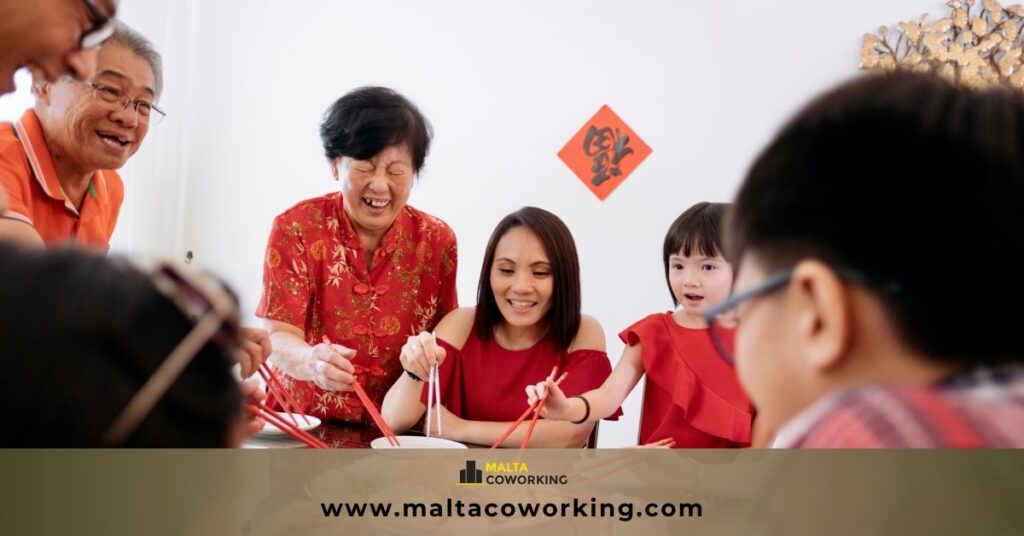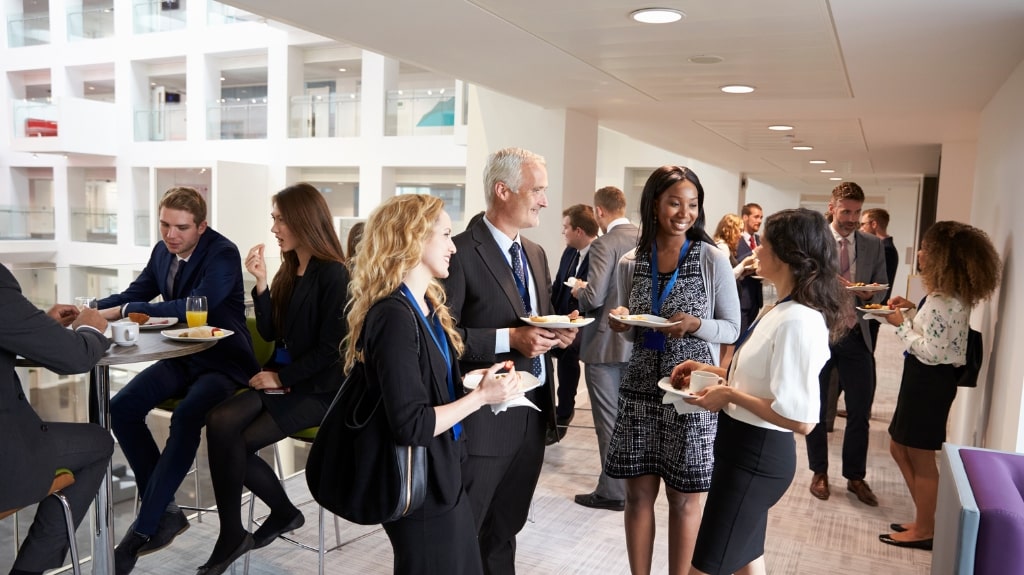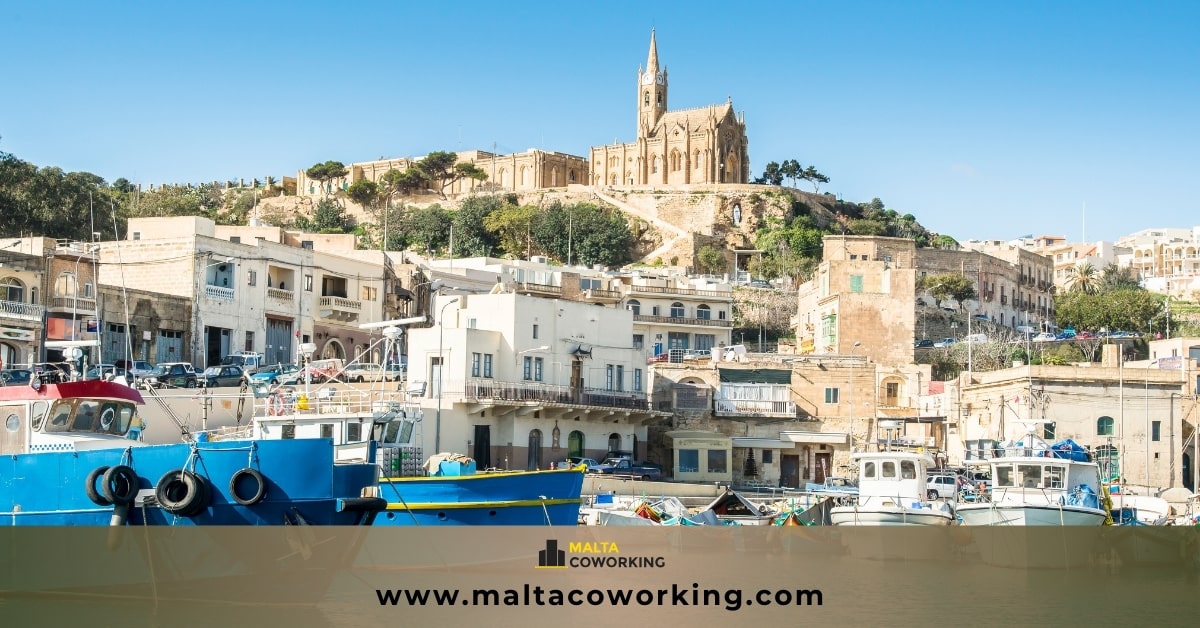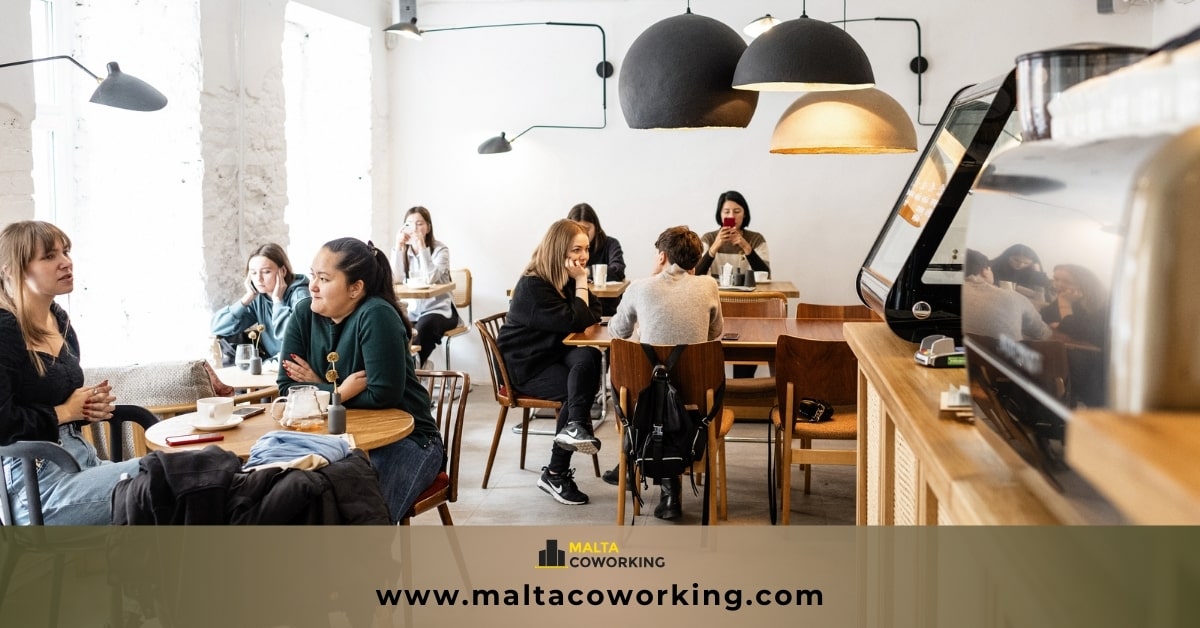Malta is a beautiful group of islands in the Mediterranean with a rich history and a mix of different cultures. Over the years, many groups have influenced Malta, creating a unique blend of traditions, languages, and customs. Today, people from around the world, including a growing Chinese community, call Malta home, highlighting the importance of international communities in Malta.
Importance of International Communities in Malta
International communities make Malta’s culture more diverse and interesting. They bring their own traditions, food, festivals, and ways of life, enriching Malta’s living and visiting experience.
The Chinese Community in Malta
Historical Context
Early Chinese Immigrants
Chinese people have been coming to Malta for many years, initially for trade and education. Early Chinese settlers established businesses and cultural groups, fostering connections between Malta and China.
Growth of the Community
Since Malta and China established diplomatic relations in 1972, the Chinese community has grown significantly. More students, professionals, and entrepreneurs have moved to Malta, leading to the formation of Chinese associations and cultural programs.
Cultural Contributions of International Communities in Malta
Chinese Festivals in Malta
The Chinese community celebrates traditional festivals such as the Chinese New Year, Mid-Autumn Festival, and Dragon Boat Festival. These events feature traditional dances, music, dragon and lion dances, and delicious Chinese food, enjoyed by both Chinese residents and locals.
The Cuisine
Chinese food is popular in Malta, with many restaurants serving dishes like dim sum and Peking duck. Chinese cooking has also influenced Maltese cuisine, blending Chinese and Maltese flavors.
Art and Music
Art and music from China are appreciated in Malta, with exhibitions showcasing Chinese calligraphy, painting, and modern art. Traditional Chinese music, including instruments like the erhu and guzheng, is also enjoyed.
Community Life
Cultural Associations
Many cultural associations, such as the China Cultural Centre in Malta, play a key role in preserving Chinese culture. They offer language courses, cultural workshops, and events that celebrate Chinese traditions, connecting the Chinese community with Maltese society.
Educational Institutions
Several schools in Malta offer courses in Chinese language and culture. These programs help young Chinese Maltese maintain their cultural roots and provide Maltese students with insights into Chinese heritage.
Community Events
Regular events and gatherings, including cultural performances, film screenings, social dinners, and networking sessions, help Chinese residents connect with each other and support one another.
International Communities in Malta: Economic Impact of the Chinese Community
Chinese Businesses
Chinese entrepreneurs have established various businesses in Malta, including restaurants, retail stores, and import-export companies. These businesses provide goods and services and create jobs for Maltese residents.
Economic Contributions
Investors from China are involved in major projects that benefit Malta’s economy, including tourism, real estate, and technology. Their investments highlight the strong economic ties between Malta and China.
Collaboration between Businesses
Maltese and Chinese companies are increasingly collaborating in areas such as education, research, and development. These partnerships lead to innovative projects and knowledge sharing, strengthening economic relations.
Social Integration and Support for International Communities in Malta
Challenges
The Chinese community faces challenges such as language barriers, cultural differences, and occasional discrimination. However, active participation in social and cultural activities helps overcome these difficulties.
Success Stories
Many Chinese individuals and families have successfully integrated into Maltese society. Their achievements in business, academia, and social activism demonstrate the community’s adaptability and contributions to Malta’s development.
Government and NGO Support
The Maltese government and various NGOs support international communities through programs that promote cultural diversity, language learning, and anti-discrimination policies, creating a more inclusive environment.
International Communities in Malta: Future Prospect for the Chinese Community
Community Growth
The Chinese community in Malta is expected to grow due to ongoing migration, educational exchanges, and business opportunities. This growth will continue to enrich Malta’s multicultural landscape and contribute to its development.
Further Integration
Future integration efforts can focus on enhancing cultural exchanges, promoting language learning, and encouraging participation in community activities. Building stronger networks between the Chinese community and other groups will foster a more cohesive society.
Cultural Exchanges
Cultural exchanges between Malta and China are likely to increase, with more artistic collaborations, academic partnerships, and joint cultural festivals. These exchanges will provide opportunities for Maltese and Chinese people to learn from and appreciate each other’s cultures.
The Importance of the Chinese Community Among International Communities in Malta
The Chinese community is a significant part of Malta’s multicultural fabric. Their cultural, economic, and social contributions enrich the Maltese experience. Despite challenges, the community’s resilience and commitment to integration are evident.
Cultural diversity is one of Malta’s greatest strengths, fostering creativity, innovation, and mutual understanding. International communities, including the Chinese community, enhance Malta’s cultural richness and global connections, making it a more dynamic and welcoming place.
International communities in Malta play a crucial role in shaping the island’s identity and future. Their contributions are invaluable, and their continued growth and integration are essential for Malta’s progress. Embracing and celebrating this diversity will ensure Malta remains a vibrant and inclusive society for generations to come.









